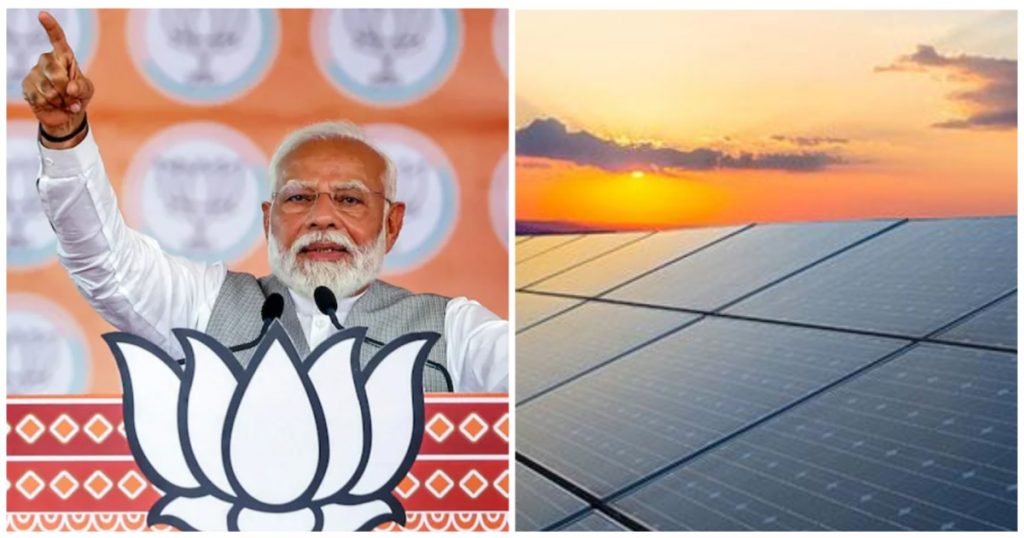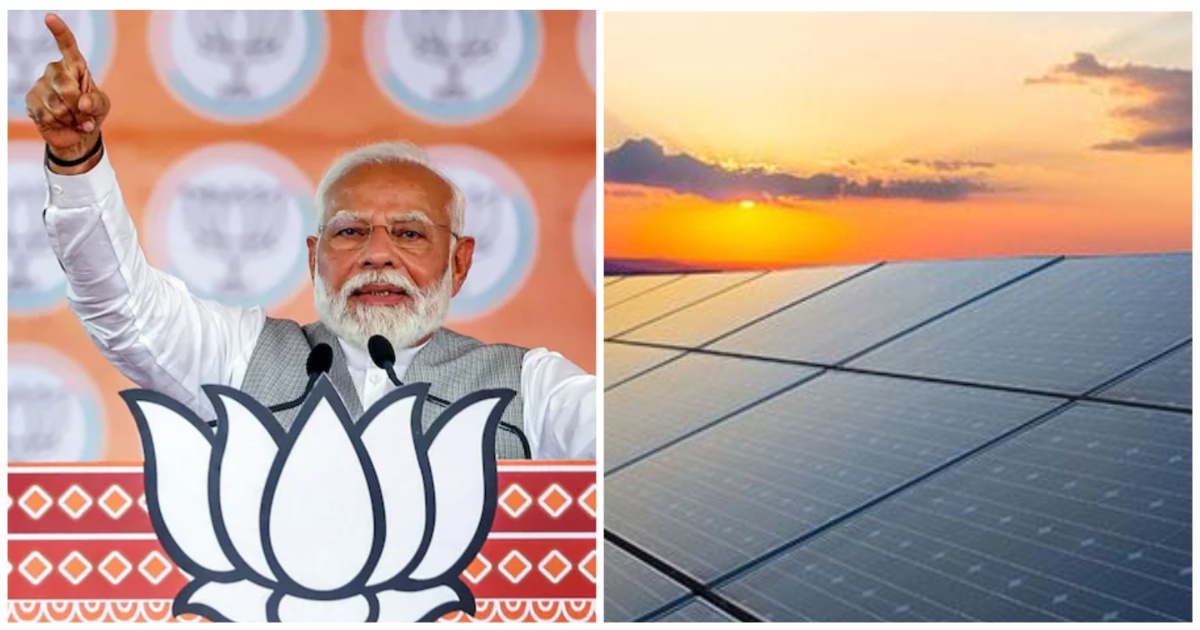There has been increased focus on solar power in recent months in India since the announcement of the PM Surya Ghar Yojana, which aims to put solar rooftops on 1 crore households in India, but the country has already made significant strides in the sector in the last decade.
India has just surpassed Japan to become the world’s third-largest solar power generator in 2023, according to a report from global energy think tank Ember. India was ranked ninth in the world in 2015. India’s solar capacity has grown 17 times since 2015, and has grown from contributing 0.5 percent of the country’s total power supply in 2015 to 5.8 percent now.

Last year, India experienced the world’s fourth-largest surge in solar generation, adding 18 Terawatt hours (TWh) to its capacity. Only China (+156 TWh), United States (+33 TWh), and Brazil (+22 TWh) added more capacity. These four countries collectively accounted for 75 percent of global solar growth that year. “A renewables-powered future is now becoming a reality. Solar power, in particular, is growing at an unprecedented pace”, said Aditya Lolla, Ember’s Asia Programme Director. In 2023, solar energy achieved contributed 5.5 percent to global power production.
India has made significant strides in building its solar energy capacity in recent years. By the end of March 2024, India’s total installed solar PV capacity had exceeded 81 GW, with a growth of 15.03 GW during the fiscal year 2023-24 alone. This expansion represented a 17% annual increase compared to the previous year. The country’s efforts have been bolstered by public sector companies like NTPC, which have been building their solar portfolios, public sector lenders like RFC, PFC and IREDA which have been lending to solar projects, large private players like Adani and Reliance, and a slew of smaller private players including EPC companies like SW Solar and module manufacturers like Waaree Renewables and Insolation Energy. The Modi government has now doubled down on its solar goals, and wants rooftop solar panels on 1 crore households. PM Modi has also indicated that he wants to bring down electricity bills for all households to zero, which could indicate that the solar panel project could end up being much more widespread than initially estimated. And with a fall in global solar panel prices, government support, and plenty of private players looking to take advantage, the sun appears to be shining bright on the solar sector in India.
